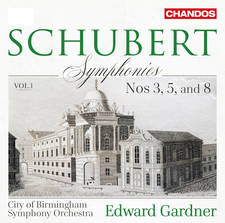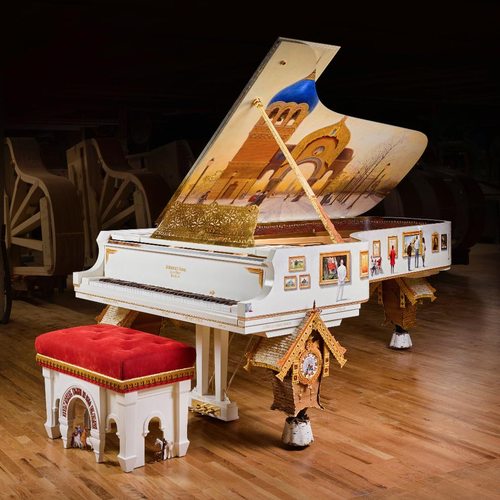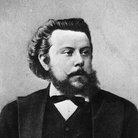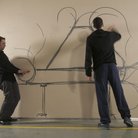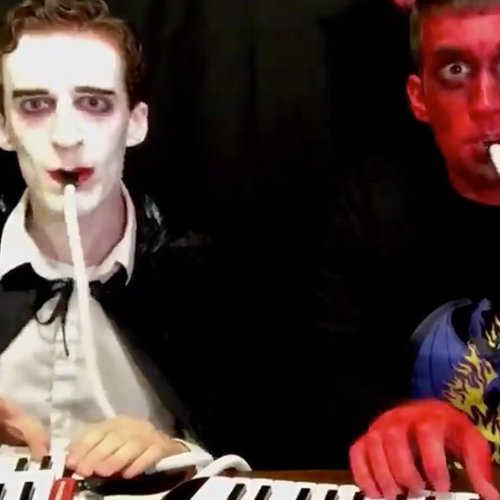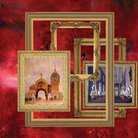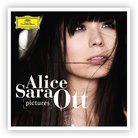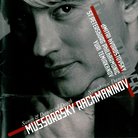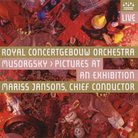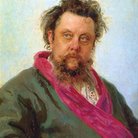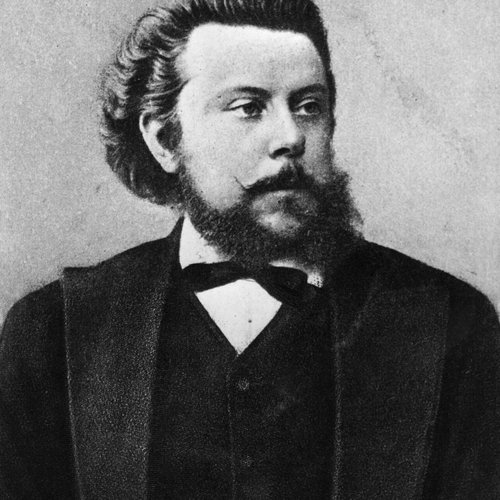Mussorgsky - A Night on the Bare Mountain
It was as a teenager that the Russian composer Modest Mussorgsky was first inspired to write his orchestral poem A Night on the Bare Mountain, in 1867.
He was an ambitious young man with dreams to compose a full-scale opera called St John’s Eve, which he said would include the scene of a witches' Sabbath. Like so many of Mussorgsky’s musical plans, though, this one never fully came to fruition. In later life, his failure to see ideas through to conclusion was sadly due to his alcoholism; in his youth it was mere exuberance and naive optimism, which could never quite be translated into reality.
One work that did survive this particular grand plan, though, was A Night on the Bare Mountain. It wasn’t completed until nine years after his initial inspiration for St John’s Eve and, despite its great popularity today, Mussorgsky really struggled to convince anyone to perform it. He even went back to the work several times, revising and refining it – to the point of adding a full choir – in an attempt to make it more performance-friendly. Sadly, the work never gained any semblance of a following in Mussorgsky’s lifetime. It was only when Rimsky-Korsakov produced his own re-orchestrated version (five years after Mussorgsky’s death) that the piece began to receive an appreciative audience. It’s this version that we enjoy today. Disney’s Fantasia also boosted the work’s popularly in 1940 with another version by Leopold Stokowski.
Listen out for the ominous atmosphere from the very opening, with stormy percussion and eerie sounding twiddly tunes from the strings, which help to create a sense of fear.
